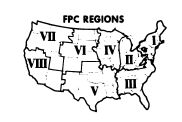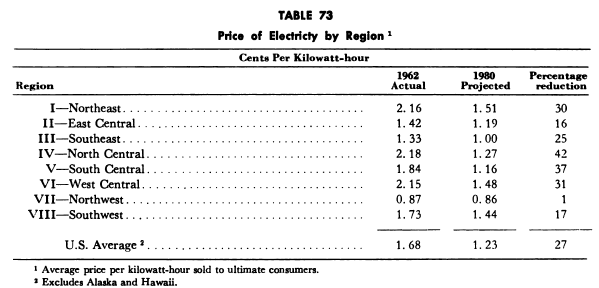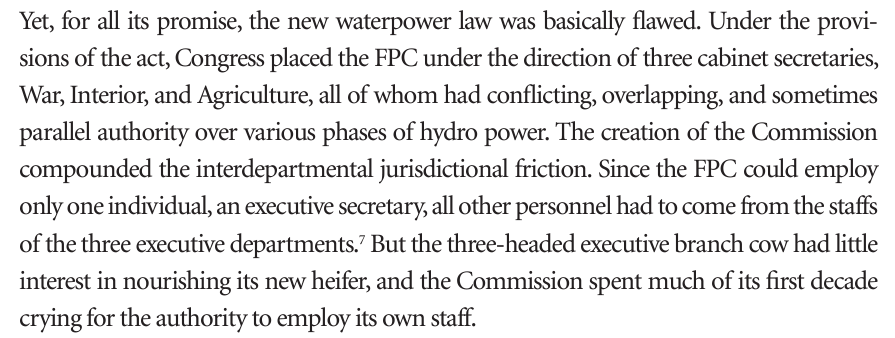
Director of the Electricity Law Initiative at Harvard Law. Tweets about energy law and policy. Tweets are my own and do not represent views of anyone else.
2 subscribers
How to get URL link on X (Twitter) App

https://twitter.com/AriPeskoe/status/2013991071865266206They also argue that the new service tiers are unduly discriminatory and "in tension" w Open Access transmission principles. And they argue FERC is infringing on state authority over retail service.

https://twitter.com/TheFrackingGuy/status/2014310744305664428Here's a chart and map from the Federal Power Commission's 1964 National Power Survey, showing 1962 prices. Note higher prices in the Northeast and California. Not a perfect reflection of today but the NE trend has been persistent since at least 1962!


https://twitter.com/TKavulla/status/2011885784501018954A big risk for ratepayers is that their utility will spend billions on new infrastructure to support a new data center, but that new data center never comes online.

https://twitter.com/Ben_Inskeep/status/1996200889703616545Here's an overview of the case:
https://x.com/AriPeskoe/status/1820846848439189927

https://twitter.com/MilesFarmer/status/1981533771783626768In 2017, DOE proposed the infamous coal/nuke bailout, which FERC rejected.
https://twitter.com/TysonSlocum/status/1945202459984416891In 1935, Congress prohibited anyone from exporting electricity, unless the Fed Power Commn found that the export would not "impair the sufficiency of electric supply" in the US or "tend to impede coordination" of transmission in the US.


https://twitter.com/kdgscribe/status/1820525233360761310A natural gas plant developer was pulling municipal utilities away from Duke by offering lower cost power. Duke then lowered its offer to a large muni, to undercut the gas plant developer.


https://twitter.com/AriPeskoe/status/1817340591740490026Buried within a chapter about the Dept of Energy, Project 2025 dedicates 7 pgs to FERC, with 2 about natural gas pipelines and LNG facilities.

https://twitter.com/AriPeskoe/status/1815491737902801250First, PJM covers 20% of the US population and GDP. Only a few companies dominate high-voltage transmission in the region. There's a lot at stake.


https://twitter.com/AriPeskoe/status/1800887943508488394
 Quick explanation of the top 3 rows:
Quick explanation of the top 3 rows:


 Above, the conclusion is repeated by states suing to end DOE's LNG pause and was said yesterday by future Commissioner See at the confirmation hearing.
Above, the conclusion is repeated by states suing to end DOE's LNG pause and was said yesterday by future Commissioner See at the confirmation hearing. 